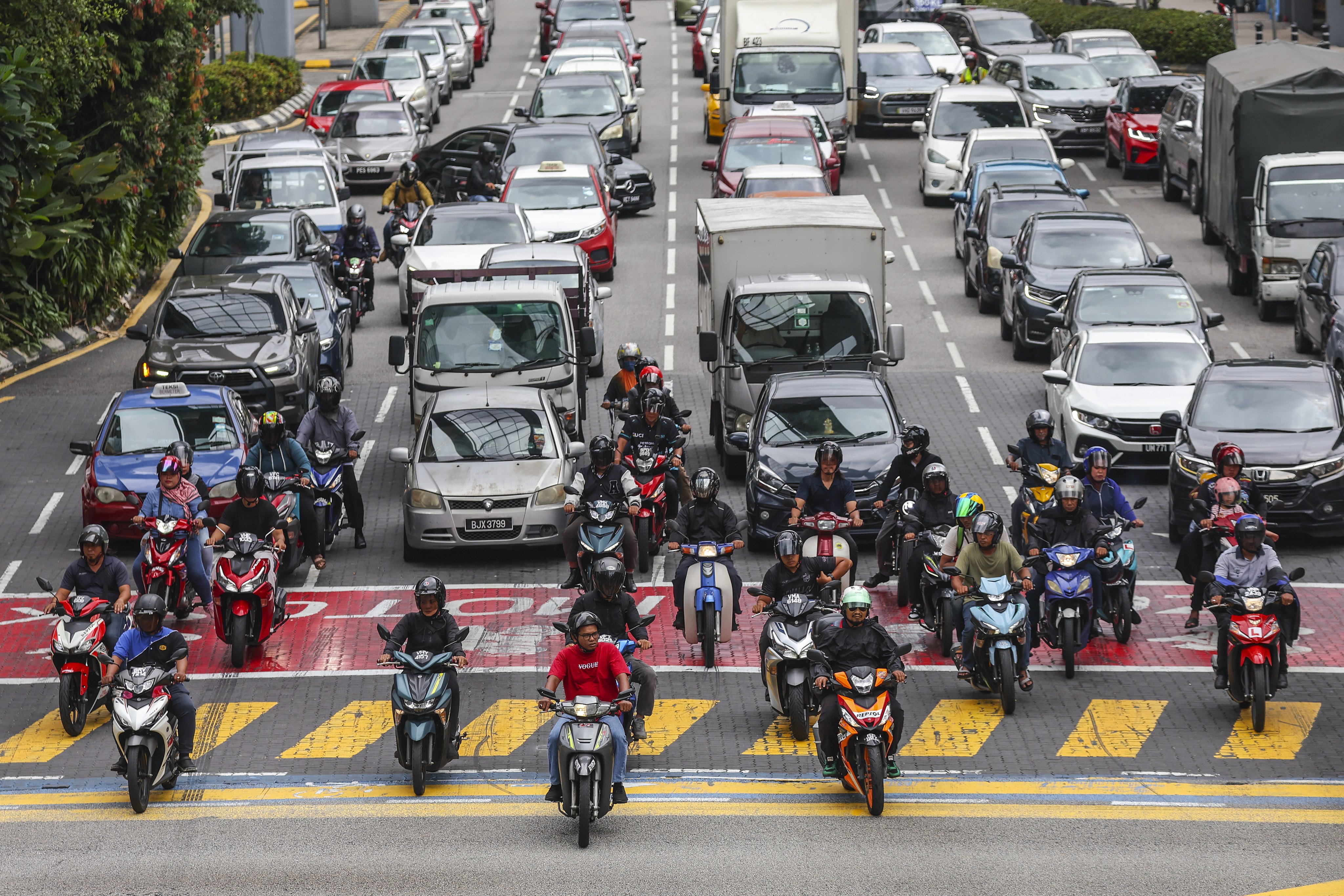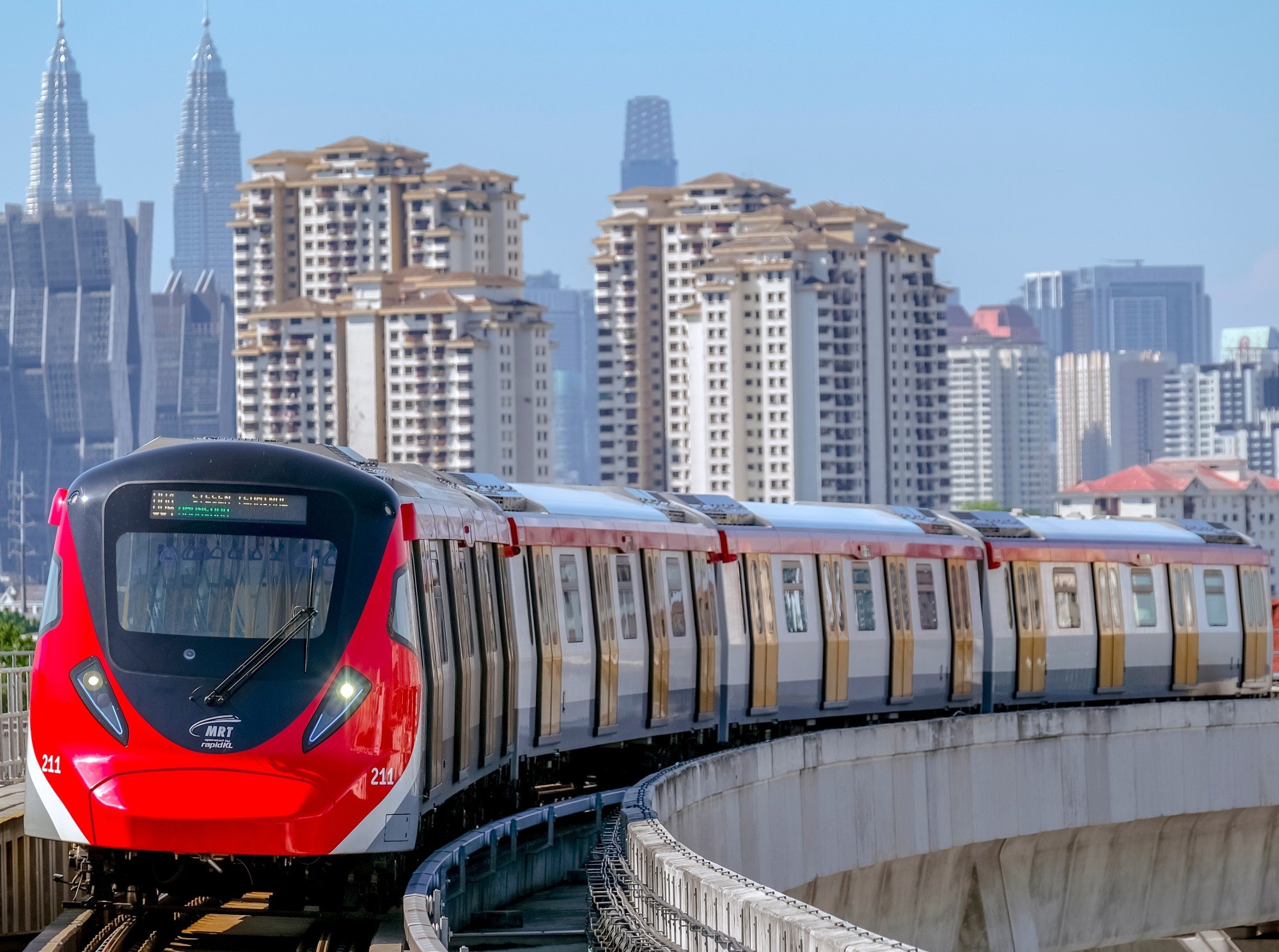Malaysians brace for 6 days of chaos as Asean summit shuts down Kuala Lumpur
The Asean summit’s arrival means almost a week of major road closures and school disruptions for Kuala Lumpur

Malaysians are bracing for major disruption next week as parts of Kuala Lumpur are shut down for six days to make way for foreign dignitaries attending the Asean summit, sparking public frustration over road closures, school closures and lost income.
As chair of the 10-nation Association of Southeast Asian Nations this year, Malaysia has hosted a string of events across the country, with the capital bearing the brunt of traffic diversions and logistical lockdowns.
Six highways, including key routes to Kuala Lumpur’s two airports, and 25 other major roads will be closed. Schools along the affected routes have also been told to shut, with students instructed to study from home – a move that has drawn comparisons to pandemic-era restrictions.
Local police chief Mohd Yusri Hassan Basri said on Monday evening that roads would be closed according to the needs of the attending delegations and the required level of safety.
Road closures will begin as early as 7.30am and are expected to continue until 8pm throughout the summit. They will be timed to begin “30 minutes before the delegation starts to move and reopened after all official vehicles arrive at the designated location”, Mohd Yusri said.
The actual summit runs from Friday to May 28, but traffic police will also conduct a trial run on Wednesday and Thursday along the routes.

Unlike in Hong Kong or nearby Singapore, most people in Kuala Lumpur rely on roads to get around, despite five rapid transit lines criss-crossing the city.
For parents, the school closures pose a logistical nightmare as most people have not been granted leave from work.
“Both my wife and I are working,” said Kamil Said, 37, an accountant in Kuala Lumpur. “Either one of us will have to take leave, or we have to find someone to watch [the children] at home while they do remote schooling.”
Online, many are questioning why the government decided to hold the summit in Kuala Lumpur rather than in less disruptive locations, such as the resort island of Langkawi.
E-hailing drivers will be among the worst affected by the traffic closures, with many expressing concerns about lost income during this period of disruption.
“I am looking at one week of income being on the line,” said David Samuel, who frequently drives through the city centre. “This is going to make a big dent in my income this month.”